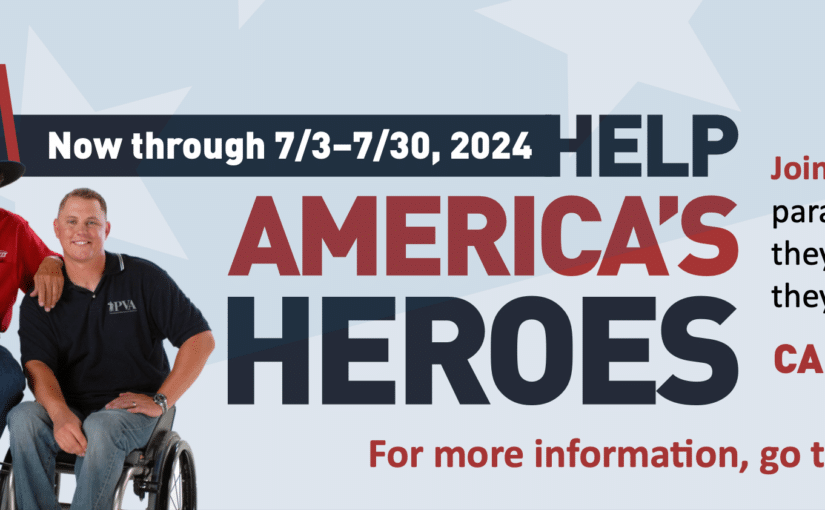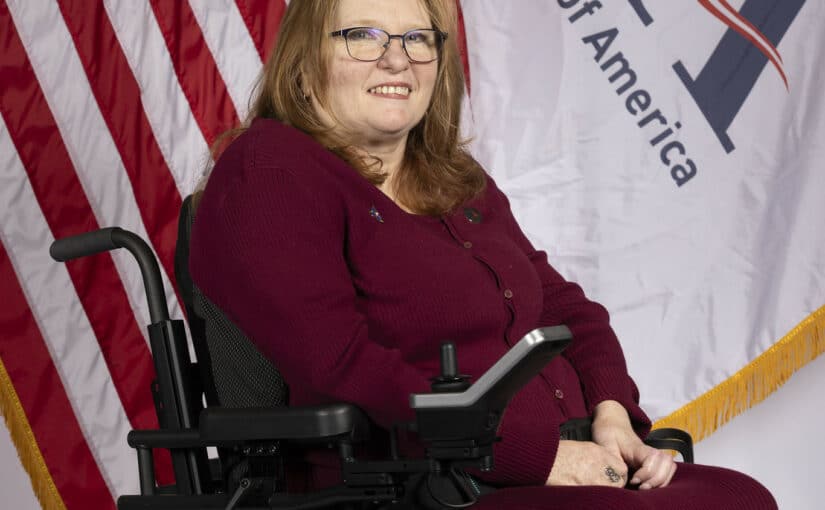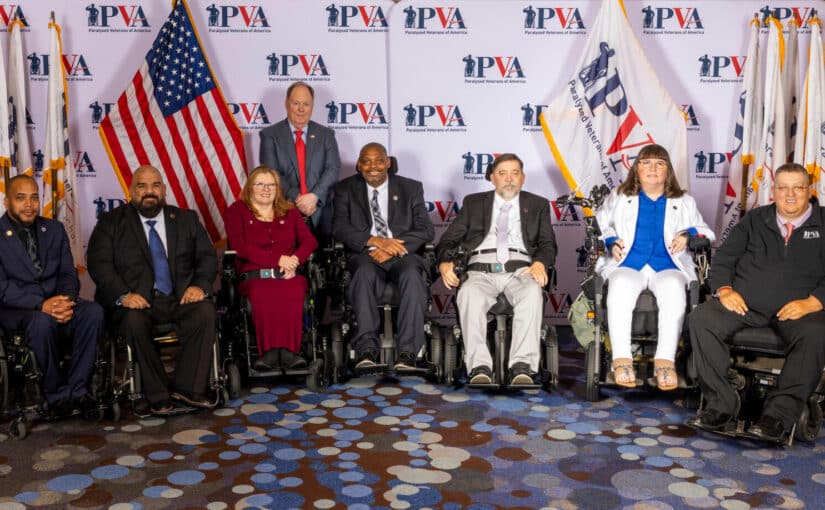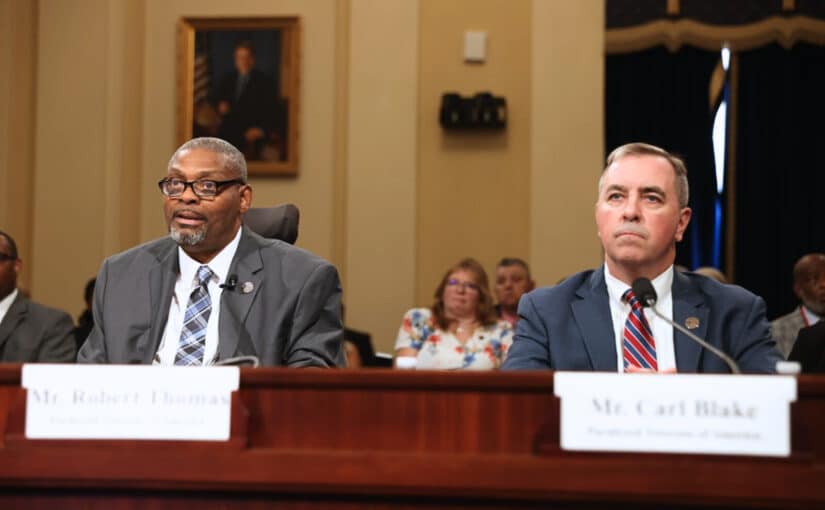Paralyzed Veterans of America Looks to the Future with Confirmation of Dr. David Shulkin as Secretary of the Department of Veterans Affairs
WASHINGTON, DC—Paralyzed Veterans of America (Paralyzed Veterans) National President Al Kovach, Jr. today released this statement following the confirmation of former VA UnderSecretary of Health, Dr. David Shulkin, as the new VA Secretary:
“America’s veterans deserve the very best advocates at the VA, conscientious civil servants who have veterans’ best interests at heart, and those who are above political posturing and strong enough to withstand political pressure.” Today’s confirmation of Dr. David Shulkin places the first non-veteran to lead the very lifeline to veterans’ healthcare and benefits—particularly within VA spinal cord injury/disease (SCI/D) centers. But it also places a doctor who is intimately familiar with the value and challenges of the VA healthcare system as it stands at the crossroad of private health care for veterans and veteran-centric care with Congressional oversight. Paralyzed Veterans of America is hopeful that Dr. Shulkin’s collaboration with our leadership over the last two years, conducted on behalf of our 18,000 members and the 60,000 veterans living with some form of SCI/D, will inform decisions that are truly ;a matter of choice for allveterans. We look forward to working with Dr. Shulkin on the future of veterans’ healthcare, and ensuring the voices of the most catastrophically injured veterans are heard above the political din.
In remarks during the confirmation hearing, Dr. Shulkin assured Congress and stakeholders that VA “would not be privatized on [his] watch,” and that an integrated approach to healthcare is in veterans’ best interests.
Dr. Shulkin was confirmed as the VA Under Secretary of Health in June 2015, and has oversight of more than 1,700 VA healthcare sites across the United States. In this position, he has worked with Paralyzed Veterans’ leadership, and has been a guest speaker at numerous events to open the lines of communication about the priorities and needs of veterans receiving specialized care in the VA’s spinal cord injury centers.




